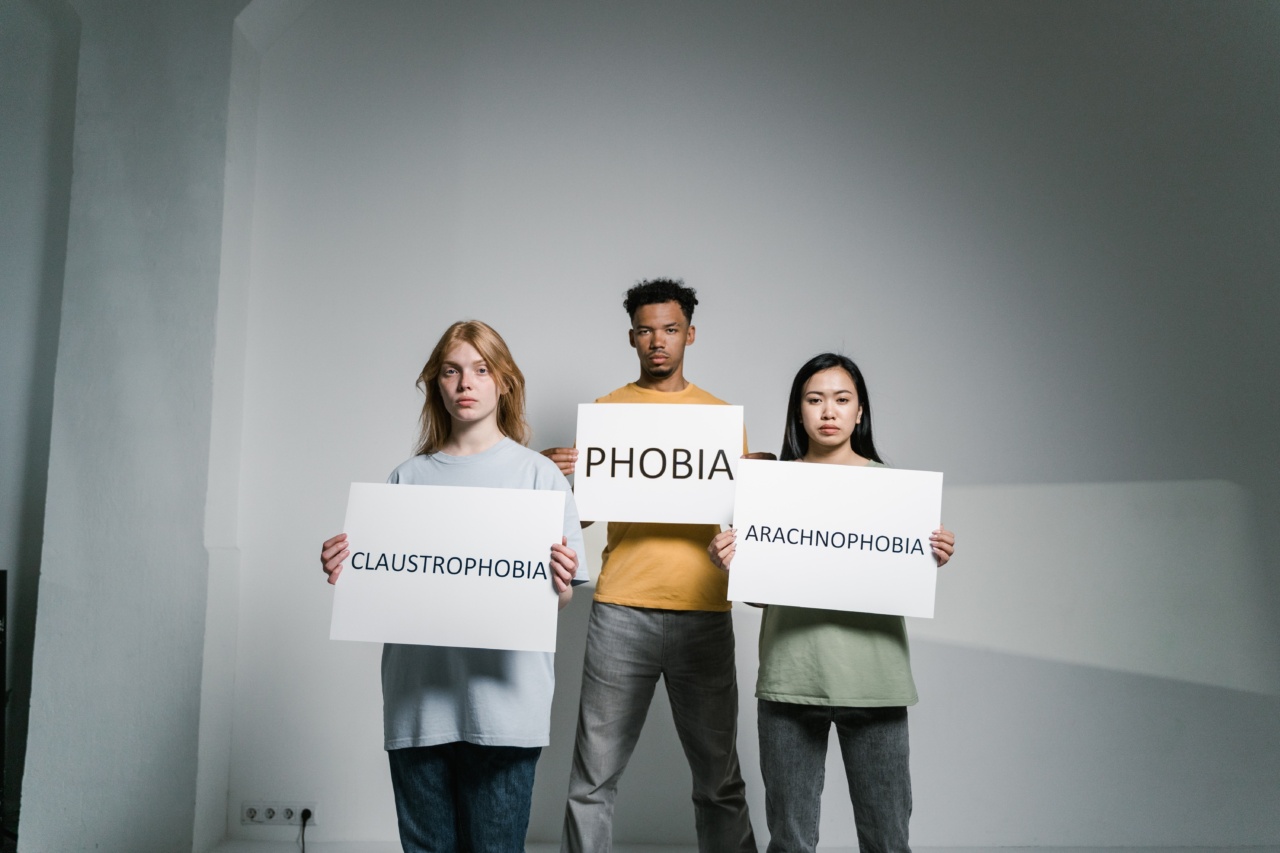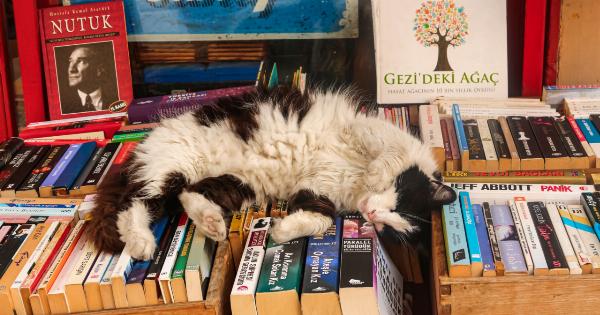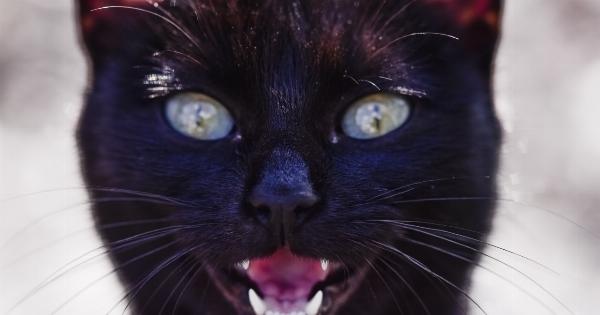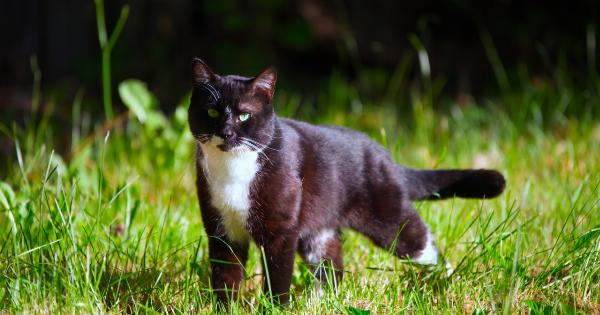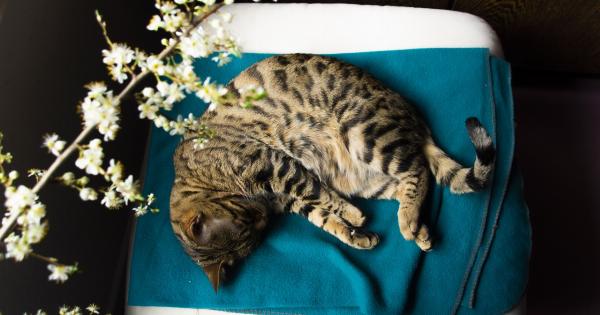As cat owners, it is important for us to understand and recognize the signs that our beloved feline companions may be unhappy.
Despite their reputation for independence, cats experience a wide range of emotions and require proper care and attention to ensure their well-being and happiness. Here are four signs that can indicate your cat might be feeling unhappy:.
1. Changes in Behavior
One of the most evident signs that your cat may be feeling unhappy is a sudden change in behavior. Cats are creatures of habit and usually follow a predictable routine.
If you notice your cat becoming more withdrawn, aggressive, or unusually clingy, it might be an indication of distress or unhappiness.
Similarly, a once social and affectionate cat who starts avoiding human interaction or shows signs of fear or aggression could be experiencing some level of unhappiness.
These changes in behavior may be caused by various factors, such as a recent traumatic event, medical condition, or even a change in the household dynamic.
2. Loss of Appetite
A lack of appetite is often an indication of an underlying health issue, and it can also suggest that your cat is feeling unhappy or stressed.
Cats are known for their exceptional appetite, and any sudden decrease in food intake should be taken seriously. If your cat is refusing or barely eating for an extended period, it is essential to consult with your veterinarian to rule out any potential health problems.
In some cases, however, a loss of appetite may be a behavioral issue rather than a medical one.
Changes in the environment, such as the introduction of a new pet, a move to a new home, or even a change in their regular diet, can lead to stress or unhappiness in cats, causing them to lose interest in their food.
3. Excessive Grooming
Cats are known for their meticulous grooming habits. However, excessive grooming can be a sign of distress or unhappiness.
If you notice your cat spending an excessive amount of time grooming themselves, to the point of causing hair loss or skin irritation, it might be an indication that something is amiss.
Stress or anxiety can trigger compulsive behaviors in cats, including excessive grooming. It is believed that grooming provides temporary relief from stress, similar to how humans may bite their nails or fidget when feeling anxious.
If left unaddressed, this behavior can lead to significant physical discomfort and potential health issues for your cat.
4. Withdrawal from Litter Box
Cats are usually meticulous when it comes to their litter box habits.
If you notice that your cat is suddenly avoiding their litter box or displaying signs of discomfort or distress during elimination, it could be a strong indication of unhappiness or an underlying medical condition.
There are various reasons why a cat may start avoiding their litter box, including urinary tract infections, bladder stones, or kidney problems.
However, it is also essential to consider any changes in the household or their litter box environment, such as a new litter brand or location. These changes can cause stress or anxiety in cats, leading to an aversion to using their litter box.
Conclusion
As cat owners, it is our responsibility to ensure the well-being and happiness of our feline companions.
Understanding the signs of unhappiness in cats is crucial for addressing any underlying issues and providing them with the love and care they deserve.
If you notice changes in your cat’s behavior, appetite, grooming habits, or litter box usage, it is essential to consult with your veterinarian.
They can help determine the cause of your cat’s unhappiness and provide appropriate guidance and treatment.
